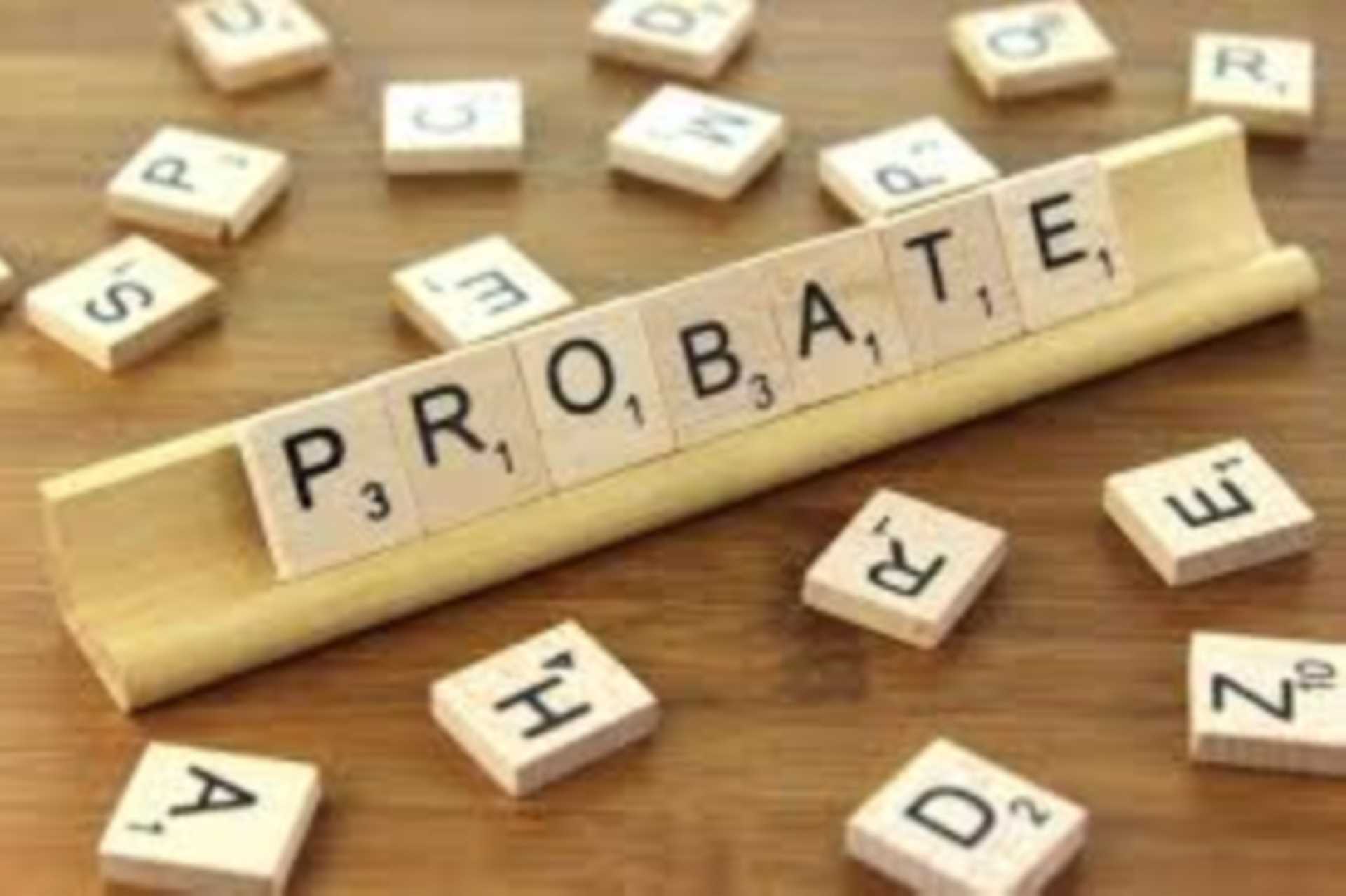
Date Published 15 October 2018
Q: I have recently lost my aunt and have been informed in the will that she had listed me as the executor of her estate. I am told that I need to arrange for her assets to be valued including her house. How do I go about this?
A: As a matter of fact I have undertaken 2 valuations under similar circumstances recently and it is something which Estate Agents are often asked to do. What you need to do assuming the property is in your Aunts sole name is to arrange what is called a ‘Probate' valuation. This is an open market valuation as at the date of death, not the date that the valuation was physically done. This may involve some adjustments if prices have changed recently and the paperwork needs to be presented to the courts usually within 6 months of the date of death.
Having been instructed as an executor you are responsible for executing the wishes of the deceased as listed in her will. This involved ‘Proving' that this is the last will as you are unable to dispose of any assets until you have received probate which is a document issued by the court. You are however able to start the ball moving by placing the property on the market to sell. However exchange will be held up if probate has not yet been granted. With this figure in hand, there may be inheritance tax payable by the estate depending on the value of the assets left, which may also include chattels, monetary deposits and insurance policies. Sometimes two executors maybe listed to deal with these tasks as they can be onerous to the inexperienced which is why some may instruct a solicitor to take on such a role. Naturally subject to their fees. If the property was given away within the last 7 years, then the valuation date is taken as the date the gift was given.
Any valuation, may be but an opinion of what somebody may we prepared to pay and it may be necessary to have 2 or 3 probate valuations undertaken and average the figure as they will typically not agree 100%. Be sure to inform the agent that you are seeking a probate valuation. This whilst typically subject to a fee will provide a more realistic figure and not as seen when one remains silent an inflated asking price valuation which may result in you having to pay a higher inheritance tax bill.
Often over looked is the need to inform the building insurance company that the property is now empty awaiting probate and sale as during this time the property is considered a higher risk and may require an adjustment of the premium to remain fully covered. Also be aware that if the property is sold above the probate value then Capital Gains Tax maybe payable by the beneficiary of the property which can happen as market prices may increase over time. Should the property be sold with 4 years and the price is lower than the probate valuation then one could make a claim to HM Revenue & Customs for a refund of any overpaid Inheritance Tax.